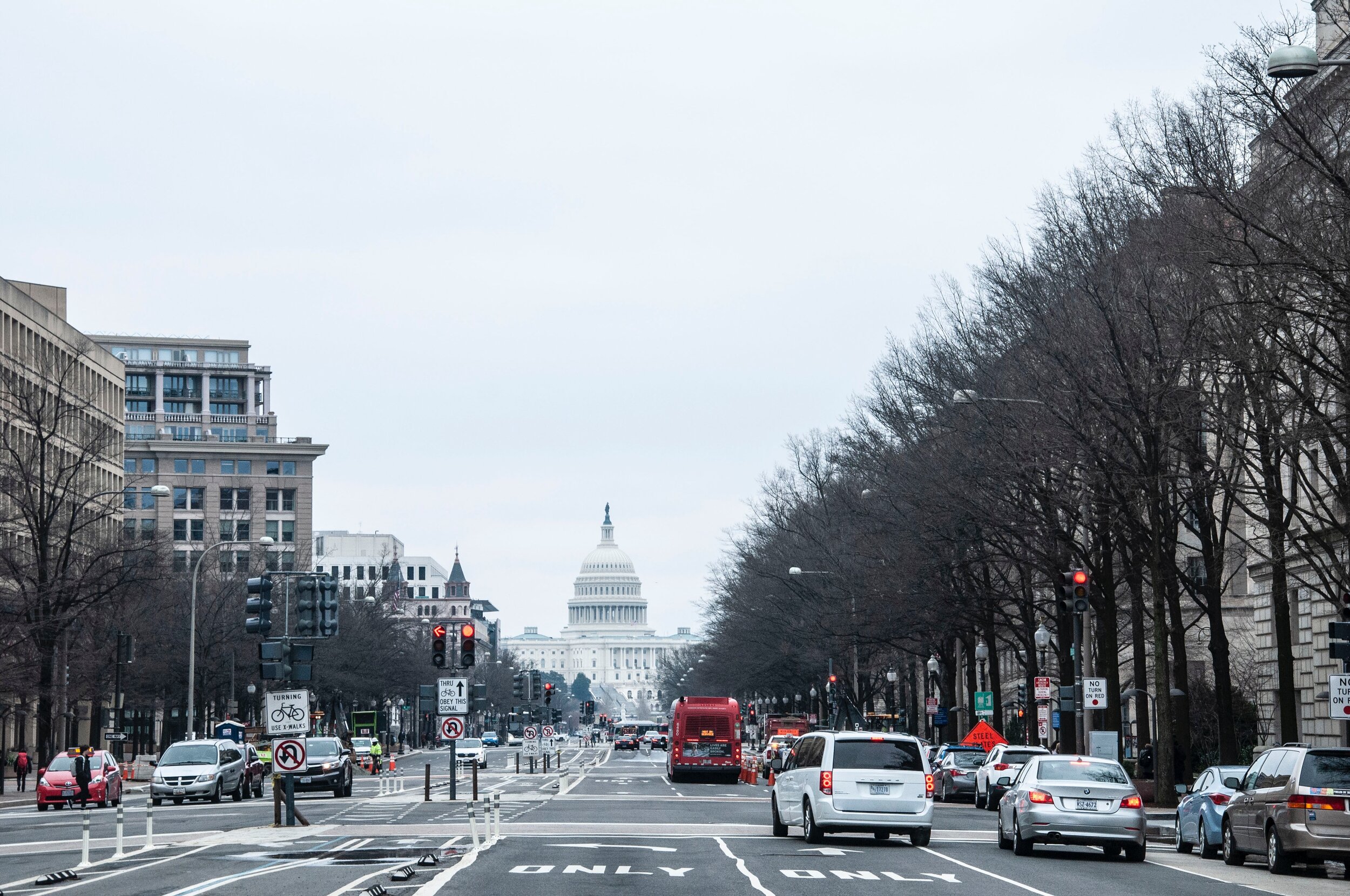Washington Post: The way forward for FWD.us
Silicon Valley venture capitalist Vinod Khosla expressed his concerns about the lobbying tactics employed by the new advocacy organization FWD.us in a tweet, asking if the organization would “prostitute … values” to achieve its goals:
Will Fwd.us prostitute climate destruction & other values to get a few engineers hired & get immmigration reform? http://bit.ly/ZyIMHF
Khosla isn’t alone when it comes to expressing disapproval with the organization started by Facebook co-founder and CEO Mark Zuckerberg. Many others in the technology world expressed their outrage towards the advocacy group on Twitter, in public forums and advertisements. A number of liberal organizations have called for a boycott of the group, and one of the most prominent FWD.us members, Tesla and PayPal co-founder Elon Musk, has withdrawn his support for the organization.
The anger was directed at ads FWD.us had purchased for politically vulnerable Republican senators who back immigration reform. The ads didn’t tout immigration reform. Instead, they promoted the politicians’ opposition to the health-care reform law, often referred to as “Obamacare,” and their support for oil drilling and the Keystone XL pipeline.
California is a reliably blue state, but Silicon Valley cannot be so easily labeled. Khosla, for example, is a registered Republican, but he has been one of the largest backers of clean energy, which Democrats strongly support. Zuckerberg has associated himself with President Obama, and Facebook’s COO Sheryl Sandberg is a registered Democrat. But Facebook’s political action committees (PACs) have favored Republicans. Venture capitalist Marc Andreessen backed Obama in 2008 but supported Romney in 2012. Peter Thiel, who gives students $100,000 to drop of college, was one of the largest backers of Libertarian Ron Paul. When it comes to the Valley, in other words, don’t think red or blue, think purple.
On blogs and at conferences in the Valley, the debates are about apps and platforms, not about politics. The nation’s capital was long considered an obstacle to rather than enabler of work being done in the Valley. But Valley-based tech companies, particularly the younger ones, have had to come to terms with Washington, D.C. on the growing number of policy matters that affect them. This means that a lack of familiarity with traditional party politics often—and sometimes unexpectedly—stands in the way of desired progress. Immigration is near the top of the list because the technology industry seeks to bring in more foreign workers to grow their workforce and accelerate innovation. But this is merely one of many issues the region cares about. Other issues on the radar include Internet regulation, patent reform, and clean energy. So, the Valley, as a result, has become increasingly involved in lobbying and issue advocacy in Washington.
In 2012, Silicon Valley became one of President Obama’s largest contributors—ahead of Wall Street and Hollywood. It hoped Obama would keep his promise to fix its immigration problem, specifically changes to the immigration law that would allow for more skilled-worker visas. But that legislation has been bundled with a pathway to citizenship for low-skilled, undocumented workers. Many, myself included, have found this to be a high-risk strategy—one that could delay immigration reform indefinitely.
In light of this, high-profile tech moguls, among others, have become increasingly anxious. So, they banded together with Zuckerberg under the FWD.us banner to lobby for comprehensive immigration reform.
Political action committees need to have a common purpose and an agreed-upon agenda. Their backers need to be able to stomach the grueling politics and compromises that go into crafting policy. There is, as evidenced by at least two high-profile defections, no such consensus among the coalition that initially formed around FWD.us. Couple that with the fact Silicon Valley is not used to DC-style politics, and you have a recipe for rapid deterioration if not complete dissolution of the group.
Instead of playing the traditional Washington game—with lobbyists and attack ads—the tech world needs to use its own special powers. Social media are the most effective means today for political change. This has been evidenced by the the Stop Online Piracy Act (SOPA) and Protect Intellectual Property Act (PIPA) protests, both of which were led in large part by Silicon Valley-based companies and organizations. These movements were able to disrupt the agendas of powerful interest groups. That is the vox populi that Zuckerberg needs to unleash rather than attempting to play by anything approaching Washington’s old-school rules.
